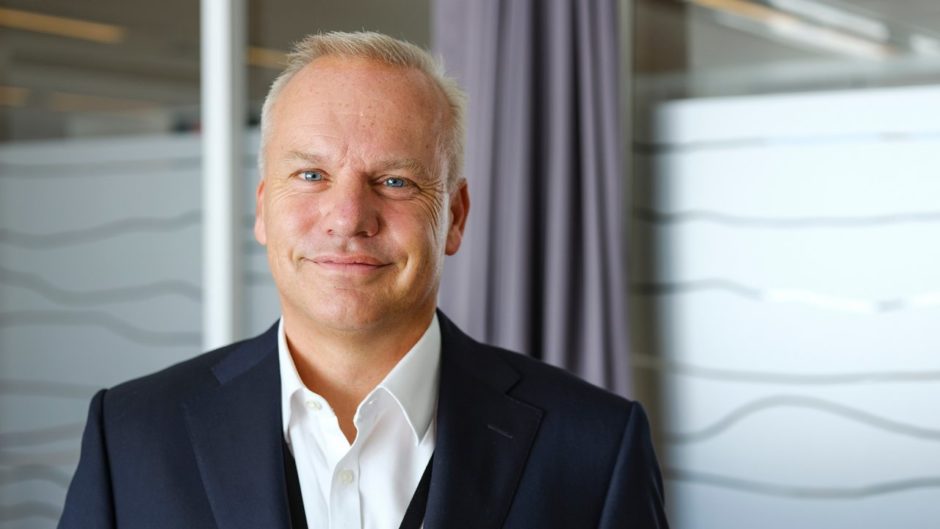
Equinor said today it would strive to lower its emissions to net-zero by 2050, emulating fellow energy giants BP and Shell.
The Norwegian firm is seen by many as the most progressive of the traditional oil majors when it comes to addressing its environmental impact.
But the company waited until now to lay out its own ambition to reach net-zero by mid-century.
Earlier this year, Equinor announced its plans to achieve carbon neutral global operations by 2030 and to reduce absolute greenhouse gas (GHG) emissions in Norway to near zero by 2050.
At the same time, Equinor outlined a strategy for significant growth within renewables, as well as a new net carbon intensity ambition.
Equinor expects to deliver an average annual oil and gas production growth of around 3% from 2019 to 2026, but is preparing for a gradual decline in global demand from around 2030 onwards.
Renewables will be a significant growth area. Equinor has previously set ambitions for profitable growth within renewables and expects a production capacity of 4-6 Gigawatts (GW) by 2026 and 12-16 GW by 2035.
Equinor now plans to expand its acquisition of wind acreage, with the aim of accelerating profitable growth and will continue to leverage its leading position in offshore wind.
Anders Opedal, who today took over the positions of CEO and president of Equinor, said: “Equinor is committed to being a leader in the energy transition. It is a sound business strategy to ensure long-term competitiveness during a period of profound changes in the energy systems as society moves towards net zero.
“Over the coming months, we will update our strategy to continue to create value for our shareholders and to realise this ambition.”
Mark van Baal, founder of activist shareholder group Follow This, said: “At first sight Equinor’s new ambition for 2050 is the most ambitious in the industry.
“However, Equinor plans to grow in oil and gas (3% per year up to 2026) are incompatible with Paris.”
“Like other oil majors, Equinor asks for an exception to the rule that emissions have to go down in this decade, as all viable well-below-2-degrees-Celsius-pathways to Paris require.”
Matei Negrescu, head of area development, North Sea region, Equinor, will be participating in Energy Voice’s virtual Energy Transition Idea Exchange (ETIDEX) summit on November 19. Register for free here.
Recommended for you

